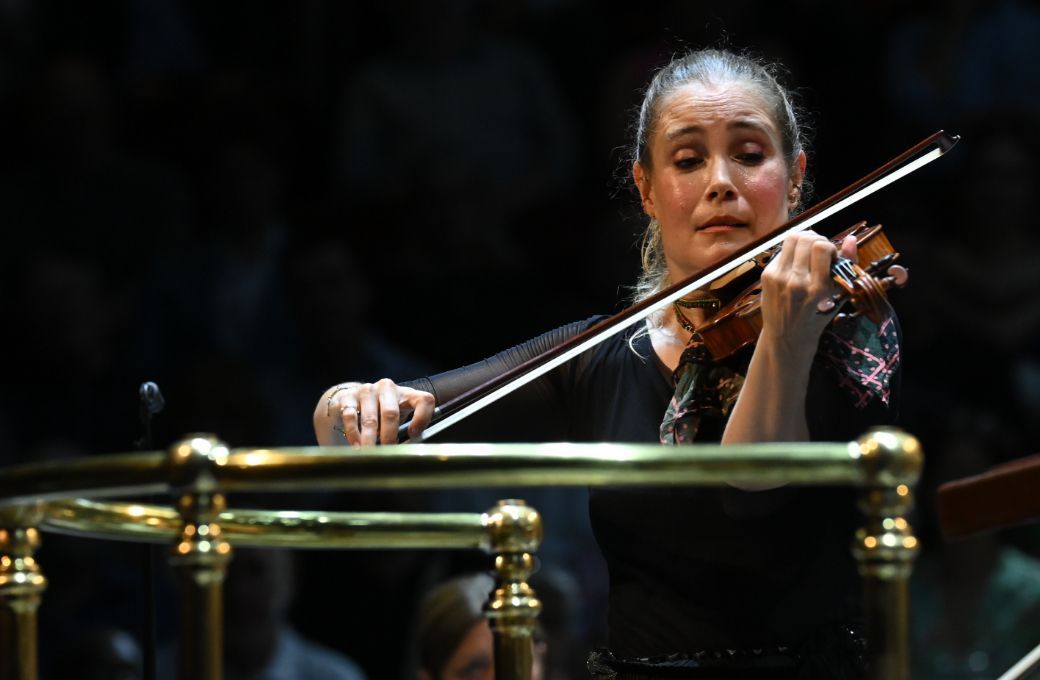On hearing that ill-health had obliged Sir Andrew Davis to withdraw from Prom 35, the BBC Symphony Orchestra’s Chief Conductor flew to the rescue. There was, though, a price to be paid, for Mahler’s scheduled Tenth Symphony is not in Sakari Oramo’s repertoire. Happily, his chosen substitute, the same composer’s Symphony no. 7, was anything but a makeweight and the Finn's account of it was resplendent.
Mahler begins the Seventh ambitiously with a journey from Adagio to Allegro con fuoco that seems to paint an entire world in one movement. Oramo’s way with the Langsam opening captured the sense of oars being dragged through sluggish water that first inspired the composer during a Tyrolean boat ride, then for the ensuing 20 minutes he found an ideal shape, weight and internal balance to satisfy every rounded corner of the Royal Albert Hall. As a conductor he is alert to the special needs of each venue and few understand this one better than he.
The two Nachtmusik movements confirmed Oramo’s command of textures. The first was a riot of muted colours despite the pervasive mood of midnight stillness. Offstage pots and pans eerily resembled a ghostly nocturnal cattle train, while a hint of foxtrot in the folksong moments bewitched the air. The second Nachtmusik, more abstract, was rhapsodic and moonlit, its seductive atmosphere broken by the strains of a woozy mandolin.
Throughout the work’s mammoth duration the BBC SO played sumptuously for its boss. Everyone shone in the Scherzo that separates the two night pieces, and in Oramo’s hands it sounded both rapid and reptilian – like Mendelssohn with added teeth – studded by hints of wit and terror that reached out forwards and behind, giving the three central movements a mood of spectral common ground to which Mahler’s life-affirming Finale came as an exhilarating antidote.

Not only did Oramo stick with the other work in the programme, Berg’s Violin Concerto, he proved an ideally sympathetic partner for Leila Josefowicz’s serene view of this most fragile of scores, music inspired by the tragic death of 18-year-old Manon Gropius. There were no jagged edges to the Canadian’s playing of a score that some listeners still find forbidding, although if such people listened beyond the 12-note discipline they would find music of aching beauty, from the opening motto theme of rising and falling arpeggios (Britten quotes this verbatim in his Hymn to Saint Cecilia) through to Berg’s meditation on Bach’s chorale Es ist genug as the concerto winds to a close.
The transcendent performance by Josefowicz and Oramo drew attention to the mirror within the music: an opening movement that progresses from quiet reflection to agitation, and a second that follows the opposite road. The result was a lullaby wrapped in despair. “To the memory of an angel” indeed.


